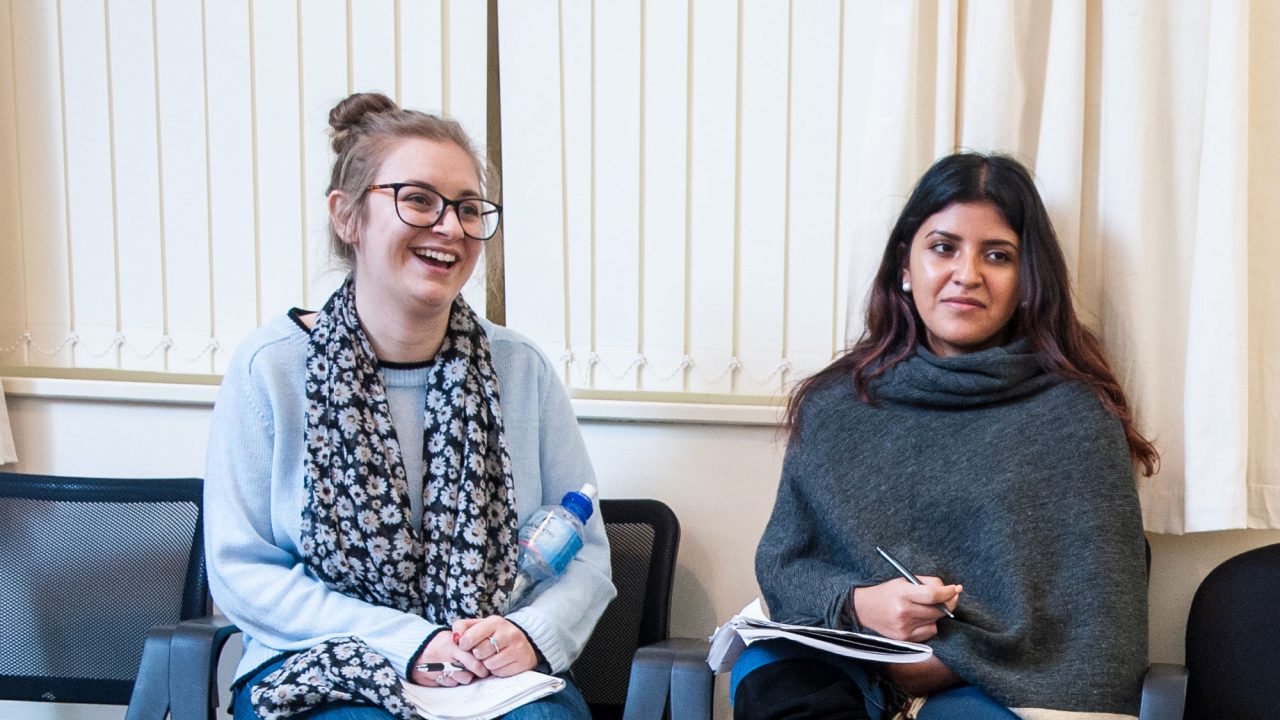You will be taught by an enthusiastic team of clinicians and academics with diverse research and practice interests, including vaccine hesitancy, living well with long-term health conditions, nature and health, social network analysis, adherence and behaviour change, and many more. You will be assigned a personal tutor and a dissertation supervisor to support you in your studies. The course is taught via a mixture of interactive lectures and workshops.
You will explore a range of theory and knowledge to underpin your understanding of the role of psychology in health and healthcare, and also develop the personal skills you need for professional work in the sector.
The course takes evidence-based practice as a framework for advancing your research skills – assessing issues, designing interventions and evaluating outcomes. You will analyse public health issues using large data sets, and using narrative and other qualitative methods in health psychology research.
Assessment has been designed to develop the knowledge and skills required of critically reflective and ethical scientist-practitioners, and where possible they reflect the type of real-world activities and problems faced by professional health psychologists. Tasks for assessment include preparation of reflective portfolios, systematic reviews, case studies, public health reports and presentations, and intervention and evaluation design.
We have a strong emphasis on community, with weekly TeamTime sessions and student-led discussions. We also strive to nurture individual interests and career ambitions.
It’s planned that this course will be taught at UoG’s new campus in Gloucester city centre from September 2025. This provides time to ensure a smooth transition and familiarisation with the new facilities for all.
The vibrant campus will be at the heart of the regeneration of Gloucester city centre. It will bring an iconic building back to life as a modern centre for teaching, learning and community partnerships, through placements, research and outreach activity, and provide cutting-edge facilities for your course.









; ?>)